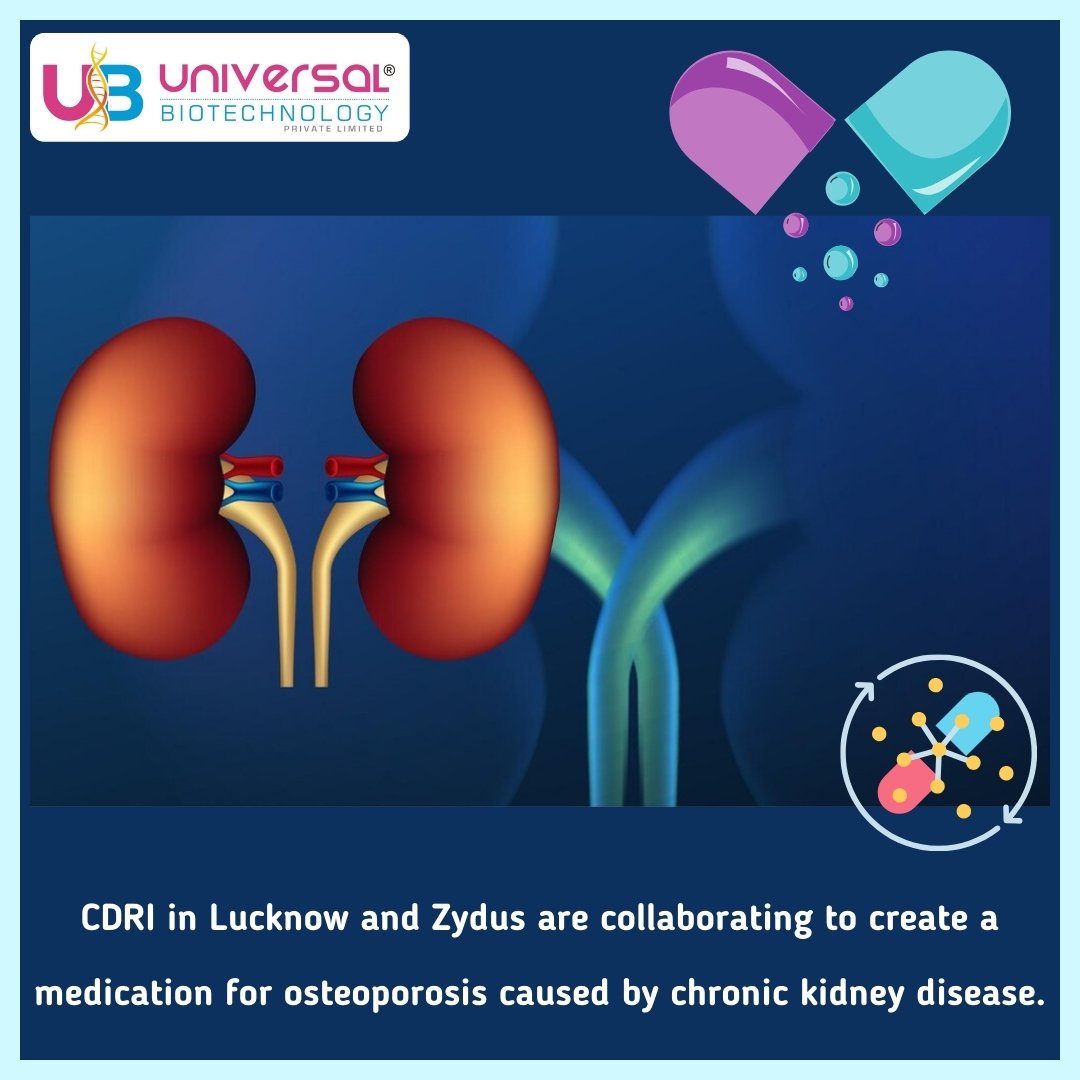
Crux
Research carried out at the Central Drug Research Institute (CDRI) in Lucknow, along with findings from antibody-based treatments (biologics), has highlighted the protein Sclerostin as a potential target for drug development aimed at managing chronic kidney disease (CKD) related osteoporosis and osteoporosis following menopause.
Evidence indicates that Sclerostin significantly contributes to the disruption of bone metabolism. Elevated levels of Sclerostin have been noted in patients suffering from advanced CKD and osteoporosis.
To pursue the development of oral medications through the identification of small molecule Sclerostin inhibitors, Zydus Lifesciences in Ahmedabad and CDRI have entered into a collaborative research agreement.
Under this partnership, CDRI and Zydus will collaboratively conduct preclinical research. Any drug candidate that results from these efforts will be developed by Zydus for the Indian market and beyond.
Chronic kidney disease (CKD) affects more than 10% of people worldwide, leading to considerable health issues. A significant complication of CKD is the disruption of mineral metabolism, which heightens the risk of osteoporosis and fractures. Individuals over 65 years old, especially women, face an increased risk. Regrettably, many traditional anti-osteoporosis treatments are not suitable for CKD patients due to the danger of further impairing kidney function. Therefore, there is an urgent necessity to create safe and effective osteoporosis medications that minimize fracture risk without compromising renal function.
